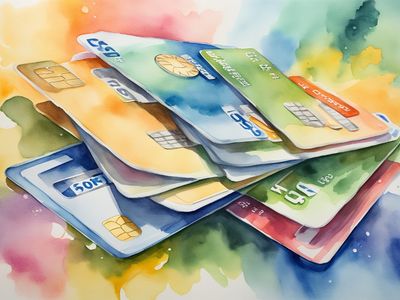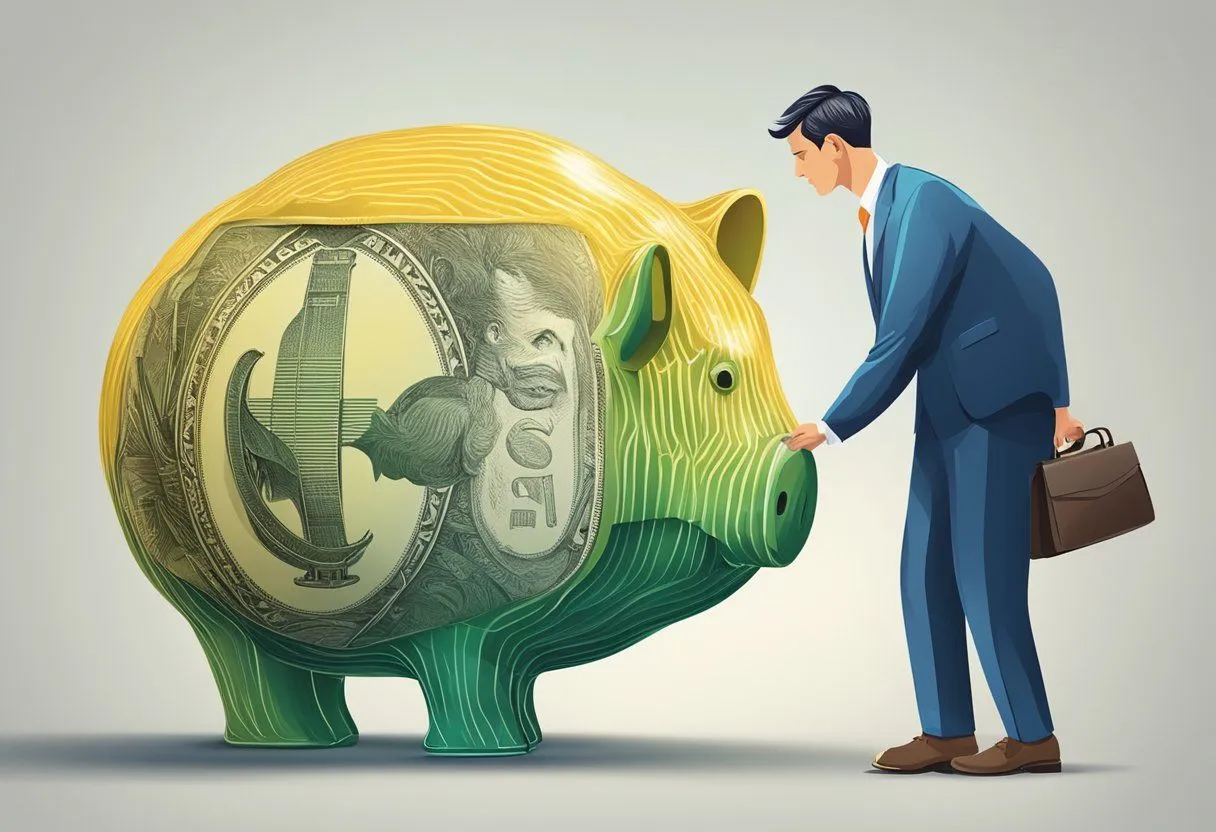The Battle of Payment Methods: Which is Better – Cash or Credit Card?
The way people pay for goods and services has evolved dramatically over the years. The days of carrying around wads of cash and coins are long gone, and now we have a battle between cash and credit cards. Cash has been the go-to payment method for centuries, but credit cards have become increasingly popular in recent years. While both payment methods have their pros and cons, people are divided on which one is better.
On one hand, cash is widely accepted and is a reliable payment method. It’s easy to use and doesn’t require any special equipment or technology. Plus, it allows people to stick to a budget and avoid overspending. However, carrying around large amounts of cash can be risky, as it can easily be lost or stolen. Additionally, cash transactions can be time-consuming, especially when making large purchases.
On the other hand, credit cards offer convenience and security. They are widely accepted and can be used for both online and in-person transactions. Credit cards also offer rewards and cashback programs, which can be beneficial for frequent shoppers. However, credit cards can also lead to overspending and high-interest rates if not used responsibly. Plus, not all businesses accept credit cards, which can be frustrating for consumers who prefer this payment method.
Understanding Payment Methods
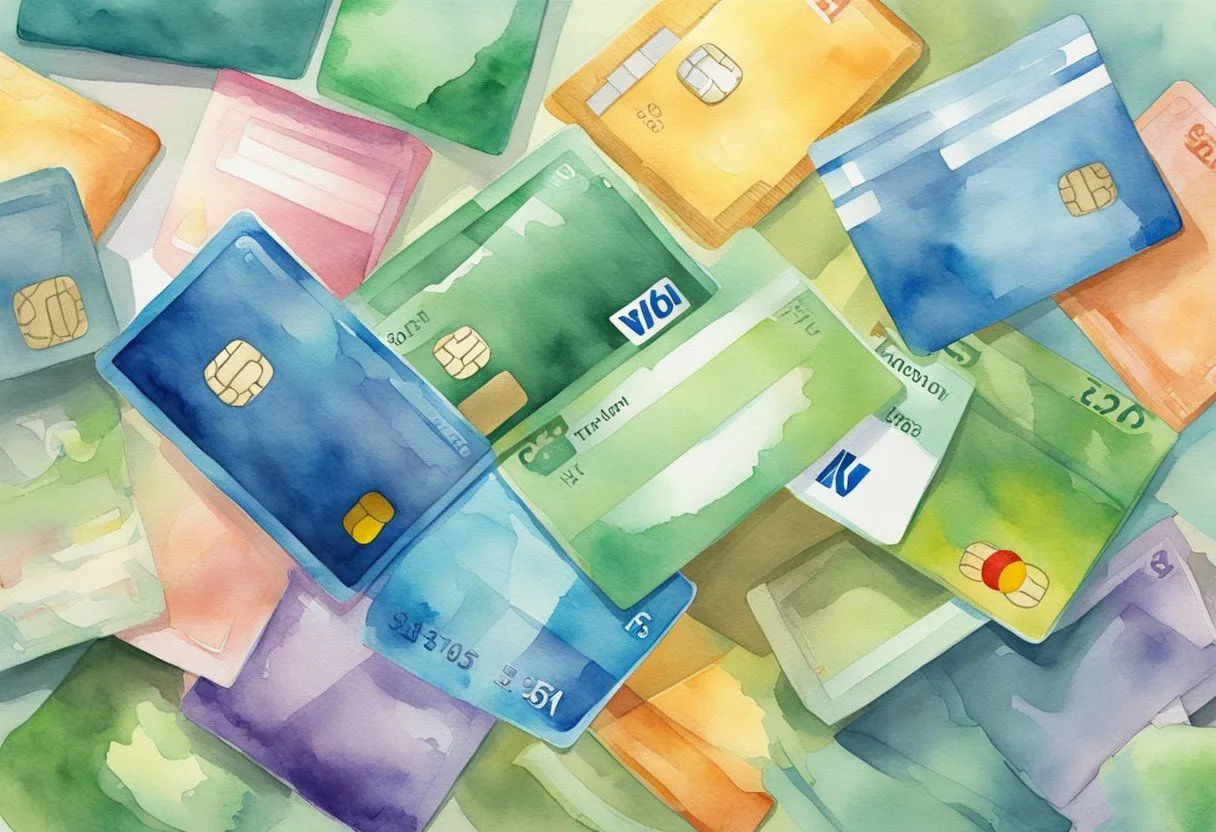
When it comes to making purchases, people have two primary options: cash and credit cards. Both methods have their advantages and disadvantages. Understanding how each payment method works can help consumers make informed decisions.
The Concept of Cash
Cash is a physical form of payment that involves the exchange of paper bills and coins. It is widely accepted and does not require any special equipment or technology. Cash is also a preferred payment method for people who prefer to keep their financial transactions private.
However, carrying cash can be risky, as it can be lost or stolen. Additionally, cash transactions do not leave any digital record, which can make it difficult to track expenses.
The Concept of Credit Card
Credit cards are a form of payment that allows consumers to borrow money from a lender to make purchases. The lender charges interest on the amount borrowed, and consumers are required to pay back the borrowed amount plus interest.
Credit cards offer several benefits, including convenience, rewards, and the ability to build credit. They also provide a digital record of transactions, which can help consumers track their expenses and identify fraudulent activity.
However, credit cards can also lead to overspending and debt if not used responsibly. Additionally, some merchants may not accept credit cards, which can limit their usefulness.
In conclusion, both cash and credit cards have their advantages and disadvantages. Consumers should consider their personal preferences and financial situations when deciding which payment method to use.
The Evolution of Payment Methods
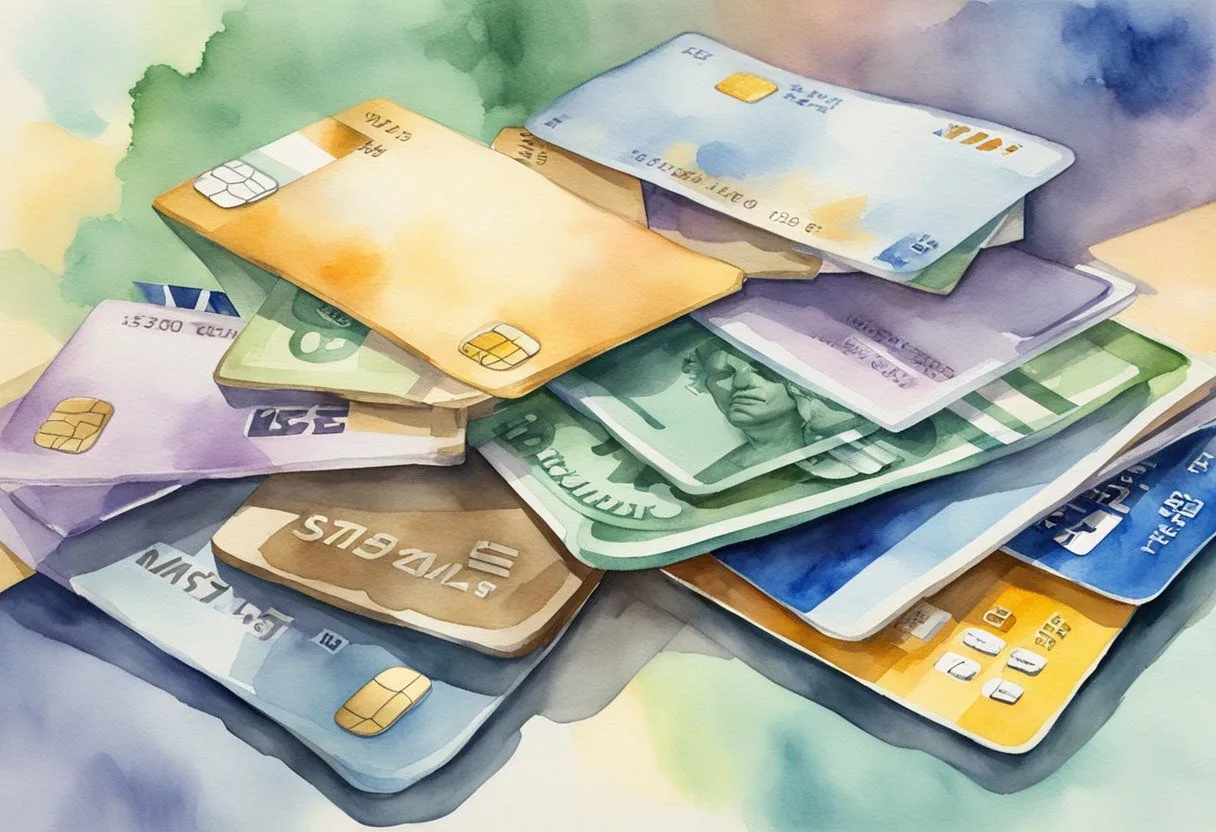
Historical Perspective of Cash
Cash has been used as a form of payment for centuries. The first recorded use of cash was in China during the Tang Dynasty (618-907 AD). Coins made of copper, bronze, and iron were used as currency. The use of paper money began in China during the Song Dynasty (960-1279 AD). The use of cash spread throughout the world and became the most common form of payment.
Rise of Credit Cards
The use of credit cards began in the United States in the 1920s. The first credit card was issued by the Diners Club in 1950. American Express and Bank of America followed suit in the 1950s. The use of credit cards became popular in the 1960s and 1970s. Today, credit cards are the most common form of payment in the United States.
Credit cards offer several advantages over cash. They are more convenient and secure. They also offer rewards programs and cash back incentives. However, credit cards also have disadvantages. They can lead to overspending and debt. They also charge high interest rates and fees.
In recent years, new payment methods have emerged, such as mobile payments and cryptocurrencies. These new payment methods offer convenience and security. They also offer new opportunities for businesses to reach customers. However, they also have their own set of advantages and disadvantages.
Overall, the battle between cash and credit cards continues. Each form of payment has its own strengths and weaknesses. It is up to consumers to decide which payment method is best for them.
Comparative Analysis
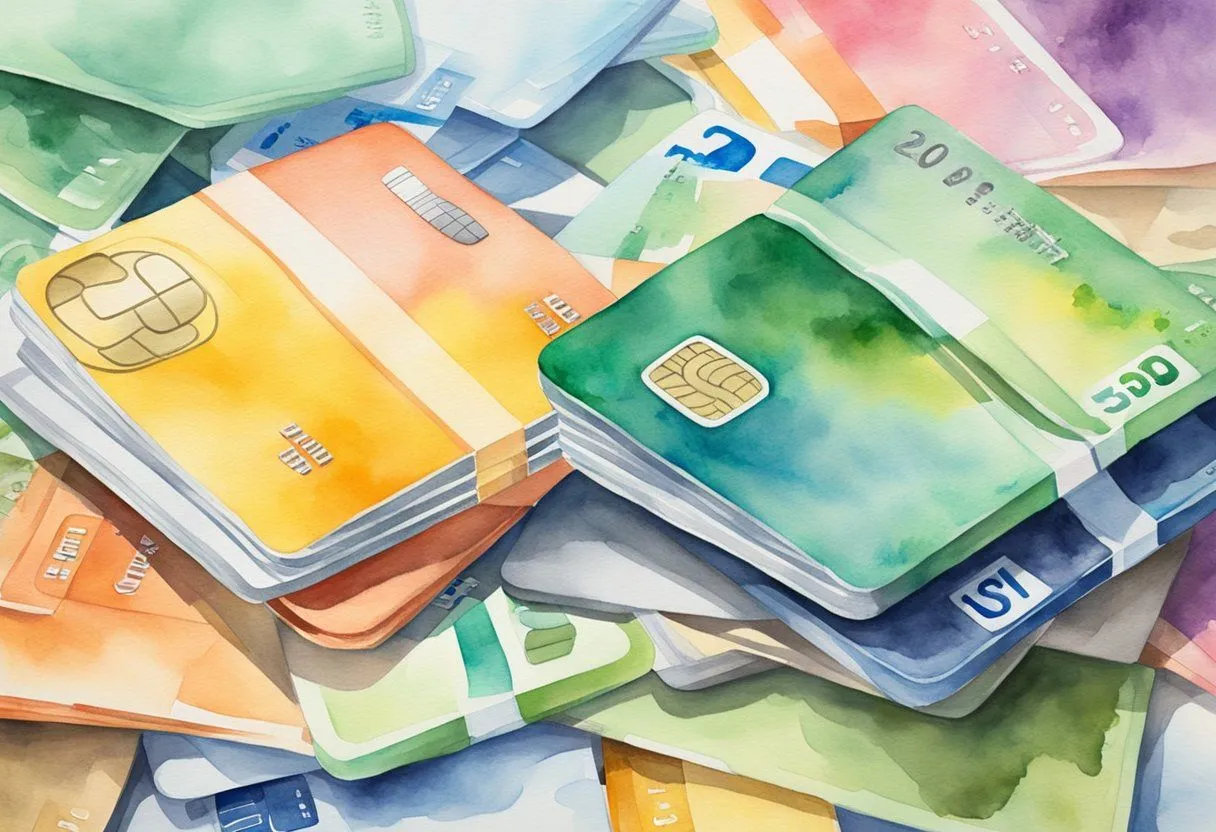
Advantages and Disadvantages of Cash
Cash is a widely accepted payment method, and it is still commonly used by many people. However, as technology advances, more and more people are shifting towards using credit cards. Here are some of the advantages and disadvantages of using cash:
- Cash is widely accepted and can be used to make purchases anywhere.
- It is a secure payment method as there is no risk of fraud or identity theft.
- Cash transactions are fast and do not require any additional fees or charges.
- Cash can be easily lost or stolen, and there is no way to recover it.
- It is not a convenient payment method as it requires carrying physical currency.
- Cash transactions do not provide any rewards or cashback benefits.
Advantages and Disadvantages of Credit Cards
Credit cards have become increasingly popular in recent years, and it is now the preferred payment method for many people. Here are some of the advantages and disadvantages of using credit cards:
- Credit cards provide rewards and cashback benefits for making purchases.
- They offer a convenient payment method as they can be used for online purchases and do not require carrying physical currency.
- Credit cards offer protection against fraud and identity theft.
- Credit cards can lead to overspending and accumulating debt.
- They may not be accepted everywhere, particularly in small businesses or in countries where credit card usage is limited.
- Credit card transactions may be subject to additional fees and charges.
Conclusion
In conclusion, the battle between cash and credit card as payment methods is ongoing. Both methods have their own advantages and disadvantages.
Cash is widely accepted and can be used anywhere without the need for technology. It also provides a sense of control over spending and budgeting. However, carrying cash can be risky and inconvenient, especially for large purchases.
On the other hand, credit cards offer convenience and security. They are widely accepted and provide various rewards and benefits. However, credit cards can also lead to overspending and debt if not used responsibly.
Ultimately, the choice between cash and credit card depends on personal preferences and circumstances. It is important to weigh the pros and cons of both methods and choose the one that suits the individual’s needs and financial situation.
